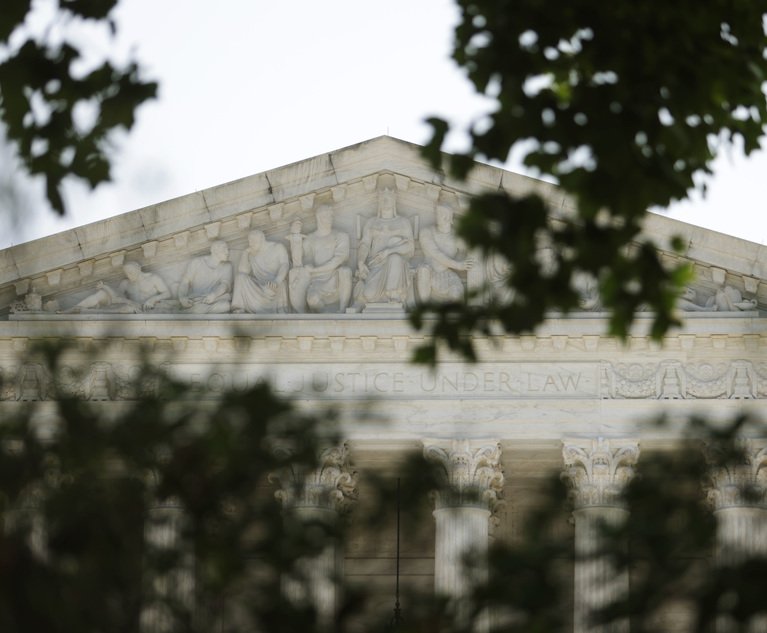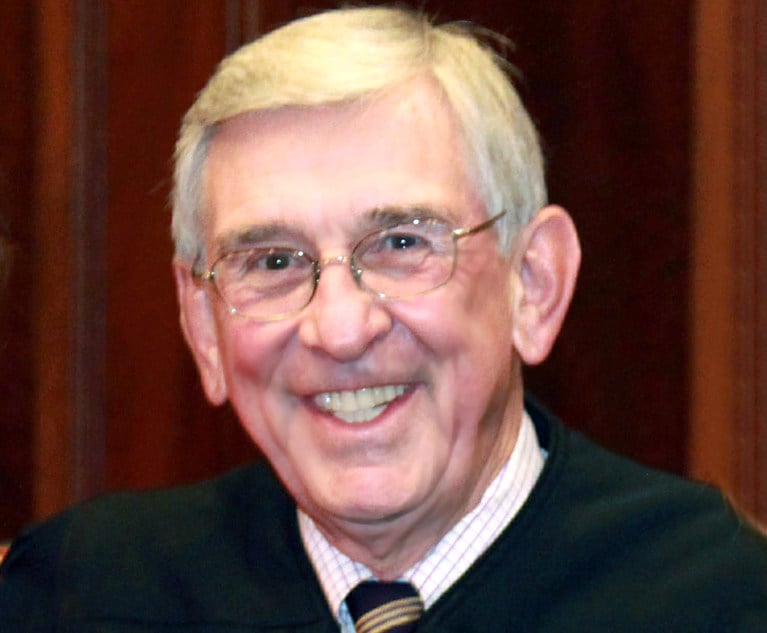The U.S. Supreme Court’s new, higher standard for when employers are exempt from providing workplace religious accommodations has opened up a host of questions with which lower courts are beginning to grapple.
Last month, the U.S. Court of Appeals for the Fifth Circuit said the Texas Department of Criminal Justice should have accommodated a correctional officer who refused to cut his beard for religious reasons. It appears to be the first federal appellate ruling analyzing the high court’s June decision in Groff v. DeJoy, where the justices said companies must show an accommodation would impose unduly burdensome, “substantial increased costs,” instead of more minimal costs, to avoid a lawsuit under Title VII of the 1964 Civil Rights Act.
This content has been archived. It is available through our partners, LexisNexis® and Bloomberg Law.
To view this content, please continue to their sites.
Not a Lexis Subscriber?
Subscribe Now
Not a Bloomberg Law Subscriber?
Subscribe Now
LexisNexis® and Bloomberg Law are third party online distributors of the broad collection of current and archived versions of ALM's legal news publications. LexisNexis® and Bloomberg Law customers are able to access and use ALM's content, including content from the National Law Journal, The American Lawyer, Legaltech News, The New York Law Journal, and Corporate Counsel, as well as other sources of legal information.
For questions call 1-877-256-2472 or contact us at [email protected]


 U.S. Supreme Court building in Washington, D.C. Photo: Diego M. Radzinschi/ALM
U.S. Supreme Court building in Washington, D.C. Photo: Diego M. Radzinschi/ALM







